Investment bank JP Morgan analysts say that Apple Intelligence is not yet drawing iPhone users to upgrade, and demand for iPhone 16 Pro models is weaker than it was with the iPhone 15 Pro range.
In April 2024, JP Morgan dropped its Apple stock price to $210 because it believed that Apple Intelligence would drive iPhone 17 sales rather than iPhone 16 ones. Then in May 2024 it raised the stock price to $245 specifically on the strength of Apple's announcement of Apple Intelligence.
Now having conducted a user survey and monitored sales of the iPhone 16 range, the company is taking up a position in the middle. JP Morgan now believes that Apple Intelligence will drive up sales of the iPhone 16 range — but not yet.
In pair of notes to investors seen by AppleInsider, JP Morgan says there is "more muted momentum" in early orders for the iPhone 16 Pro models. But this is "likely due to the unavailability of AI capabilities," which users want to see before they buy.
At present, JP Morgan found that Apple Intelligence wasn't even in the top five reasons people are upgrading. It comes in sixth, but ahead of it are factors such as 5G connectivity and overall speed of the phone.
There is also the issue that Apple Intelligence will initially only be available in US English. The analysts predict that consumer appetite for the Apple Intelligence models will grow as more countries are supported.
This is based both on the rationale that a wider audience reach will help, but also on the analysts' findings about demand. The company's survey showed that where 63% of people surveyed in 2023 intended to buy a new iPhone 15, now 68% expect to buy from the iPhone 16 range.
The survey showed that in particular, demand from consumers in the US and China is higher. There is also a higher appetite for Android users to switch to iPhone, with 2023 seeing 50% wanting to move, and in 2024 it's 61%.
Those switchers from Android reportedly prefer the higher-end models. That's the opposite of the current trend in regular iPhone users.
Overall, JP Morgan now predicts Apple will sell 76 million iPhones in Q4, 2024. It will reach 148 million over the next four quarters.
The investment bank's analysts also describe the response to the Apple Watch Series 10 as "muted," but then says that its survey shows much greater interest than for the Apple Watch Series 9. In 2023, a survey said 38% of consumers looking for a smart watch were intending to buy an Apple Watch, and now it's 54%.
As a consequence of the current sales and its prediction of how Apple Intelligence will grow, JP Morgan is maintaining its Apple stock price of $265.
 William Gallagher
William Gallagher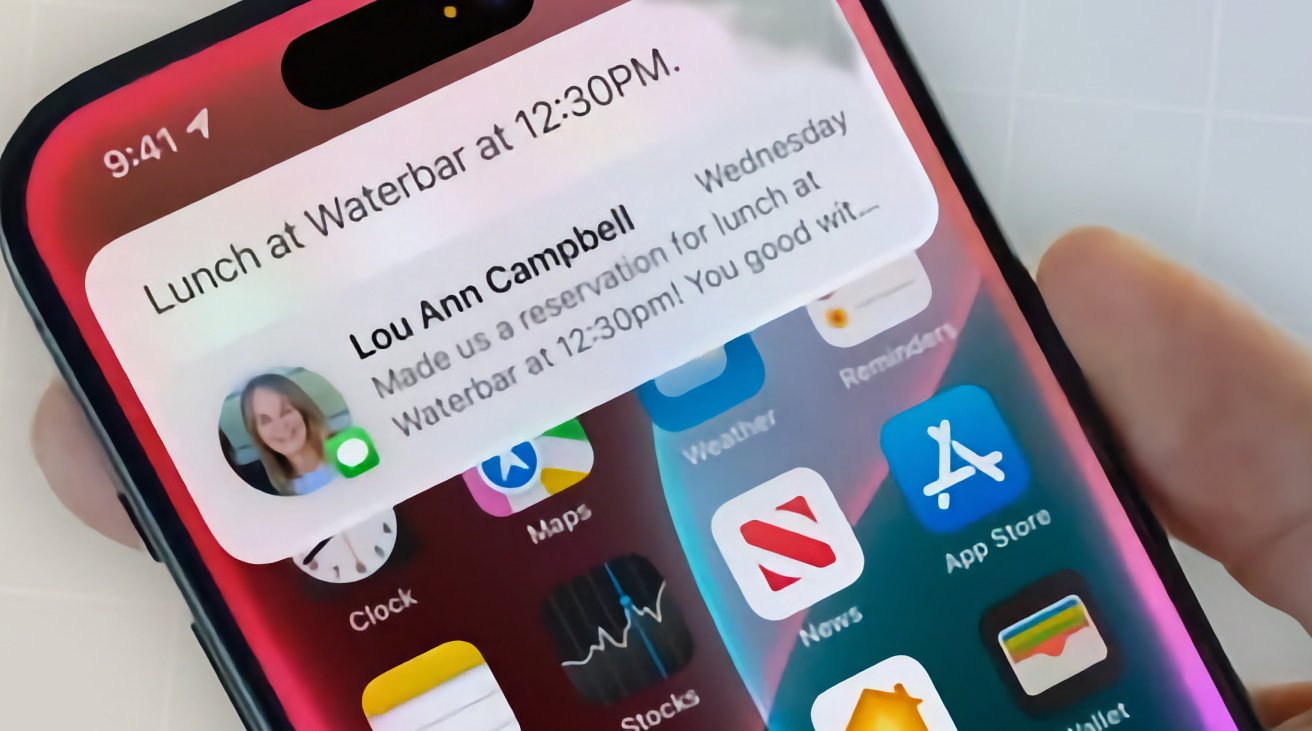
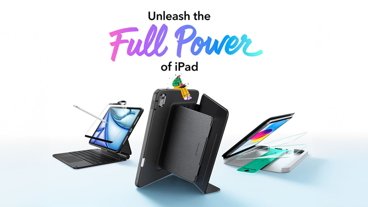

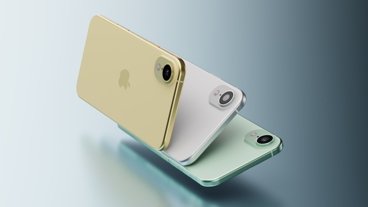
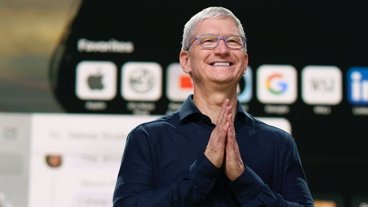



-m.jpg)





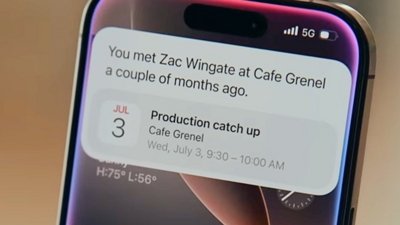
 Charles Martin
Charles Martin
 Malcolm Owen
Malcolm Owen

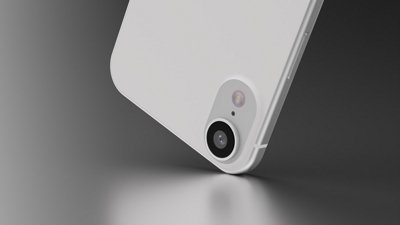
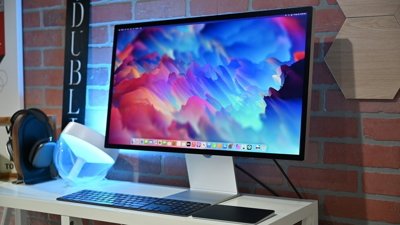
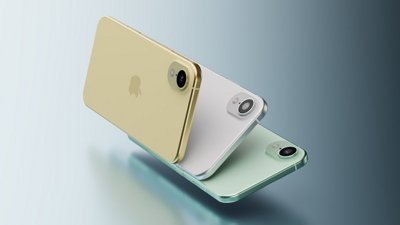
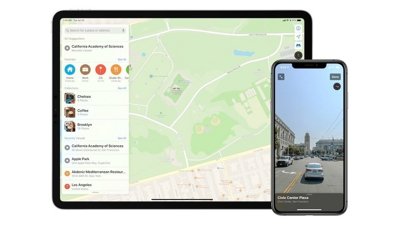

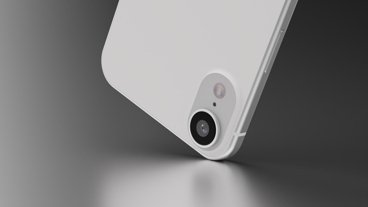






5 Comments
JP Morgan is all over their board with their price predictions glad I don’t use there information to make financial investment decisions.
I wonder though. Outside of us in the tech world AI is just a buzzword. I don’t see many non tech folks chomping at the bit to get their hands on the tech. A lot of people may start using it over time, but I wonder if it will really drive sales as much as some think it might.
WIll it?
I really wouldn't expect your average Joe to know the difference between Siri and Siri AI. And for good reason. It's basically the same thing!
Edit: Unless of course you love AI emoji's!? (i mean wtf is that all about?). But if you do, your probably too young to afford an iPhone.